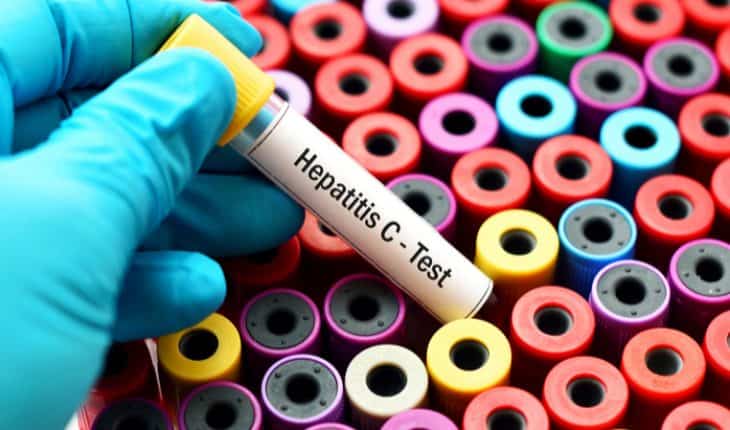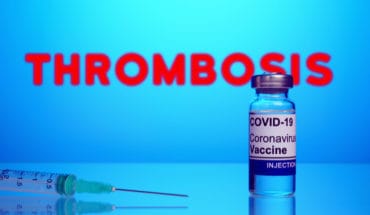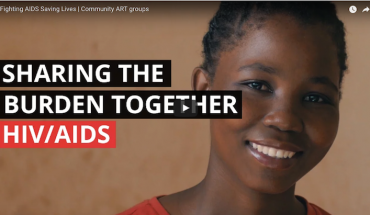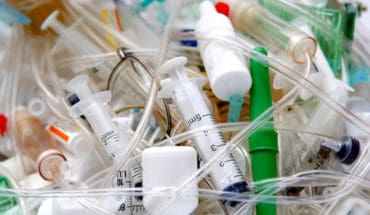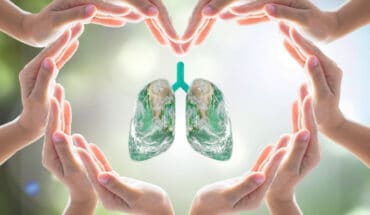The message of this year’s World Hepatitis Day is ‘Find the missing millions’ which aims to focus attention on the fact that millions of people around the world have Hepatitis C without knowing they have the infection, and around 214,000 people in the UK are undiagnosed.
Hepatitis C is a dangerous viral infection that is spread through contact with blood, so it is often transmitted by dirty needles by people who use intravenous drugs. But anyone is at risk, whether they come into contact with blood through their job in a healthcare setting, or just fail to check the hygiene standards of an unlicensed tattoo parlour after a few too many glasses of chardonnay on holiday. It can also be passed on through unsafe sex.
When people are first infected, they may have nondescript symptoms that can easily pass as flu. They may feel feverish, or just under the weather, and they quickly recover. Only a very few people will have more dramatic symptoms, like tell-tale jaundice which is when the skin turns yellow, showing that the liver is under stress. For most people, the symptoms don’t really begin to show until much further down the line when the damage has already been done and they already have cirrhosis of the liver.
The fact is that this infection can now be easily treated if it is picked up early, but there is not much we can do to repair a severely disease liver. So that’s why it’s so important to track down the missing millions and help them on the path to recovery. The good news is that over 90 per cent of people who are treated with new antivirals for 12 weeks make a complete recovery and the virus is cleared from their system. In the past, medicines were often ineffective and had nasty side effects.
The issue is more challenging when we are trying to treat people who may already have chaotic lifestyles where they are unwilling or unable to stick to drug regimens. These may include people currently serving sentences in prison or the homeless who have no fixed address and little access to regular health care. There are outreach projects to try and ensure that we reach all the people who need to be diagnosed and treated and we are spreading the word about prevention being better than cure too. If you plan to travel abroad and get a tattoo, make sure their medical equipment is sterile and don’t turn up under the influence of alcohol. If you inject drugs, don’t share needles and sterilise equipment like filters and spoons. And if you are worried that you may already have contracted the infection, go to a health professional and ask to be tested.
- World Hepatitis Day: the missing millions - 28th July 2018

